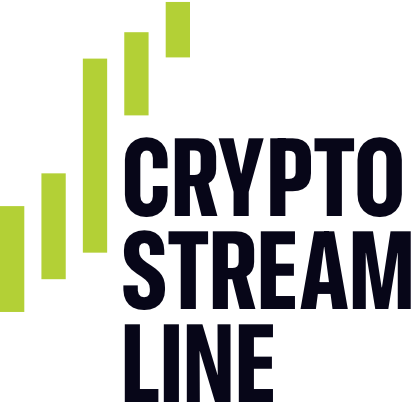Decentralized finance (DeFi) protocol Aave is mulling the integration of a new Chainlink oracle designed to redirect profits from transaction backrunning to its users, according to a proposal in Aave’s governance forum. The proposal suggests that by integrating Chainlink’s Smart Value Recapture (SVR), Aave can capture approximately 40% of maximum extractable value (MEV) profits, which could be redirected to the Aave DAO to benefit users.
Chainlink Releases SVR Oracle
On December 23, decentralized oracle provider Chainlink released SVR, an oracle service specializing in capturing profits from MEV to benefit DeFi protocols. The same day, Aave proposed integrating SVR into its ecosystem to recapture MEV from Aave liquidations and return it to the Aave community.
MEV: A Growing Concern for DeFi Protocols
Blockbuilders profit from MEV by reordering transactions before posting them to the public blockchain ledger. This often comes at users’ expense, creating a problem that DeFi protocols are struggling to address. MEV is particularly problematic in situations where users are forced to liquidate their positions due to collateral declines.
How Aave’s Liquidation Process Works
Aave allows users to borrow cryptocurrency by depositing other crypto assets as collateral. When a position needs to be liquidated, a third-party liquidator repays some amount of debt and receives the equivalent value in collateral, plus a percentage on top denominated as a liquidation bonus. This process has been an "elegant solution" for Aave, but lately, it has created a significant opportunity for MEV.
The Problem with Liquidation Bonuses
The liquidation bonus creates a clear opportunity for MEV and results in a pretty significant profit for the entity that doesn’t do the majority of the job: the builder. Meanwhile, protocol users receive way less in proportion to the profit made by the builders.
Chainlink’s SVR: A Solution to the MEV Problem
According to Aave, Chainlink’s SVR is a service that sells the right to back-run Chainlink’s price-feed oracle and profit from liquidations via an MEV-Share auction. Aave estimates that SVR can capture approximately 40% of MEV profits, which could be redirected to the Aave DAO to benefit users.
Protecting Against MEV
Users and protocols across the Ethereum network are scrambling to avoid the costs of harmful MEVs. Private transactions now dominate Ethereum’s order flow as users seek to protect their trades. According to an August report from Blocknative, private orders involve sending transactions directly to a validator in an arrangement known as a "dark pool" instead of into the public queue.
Users typically choose to transmit transactions privately for MEV protection. This is because MEVs can significantly impact user profits and create opportunities for builders to profit at their expense.
Benefits of Integrating SVR
The integration of Chainlink’s SVR oracle could have several benefits for Aave users:
- Increased Profit Sharing: By capturing approximately 40% of MEV profits, Aave can redirect a significant portion of these earnings back to its users.
- Improved User Experience: Integrating SVR could help reduce the costs associated with liquidations and create a more favorable environment for users.
- Enhanced Security: The integration of SVR could provide an additional layer of security by reducing the opportunities for malicious actors to exploit MEVs.
Conclusion
The proposal to integrate Chainlink’s SVR oracle is an exciting development in the Aave community. By leveraging this technology, Aave can capture a significant portion of MEV profits and redirect them back to its users. This integration has the potential to improve user experience, enhance security, and increase profit sharing for Aave users.
Further Reading
- Aave’s Governance Forum: The proposal to integrate SVR is currently open for discussion in Aave’s governance forum.
- Chainlink’s Smart Value Recapture (SVR): Learn more about Chainlink’s SVR oracle and its potential benefits for DeFi protocols.
- Maximum Extractable Value (MEV): Understand the concept of MEV and how it affects DeFi users.




